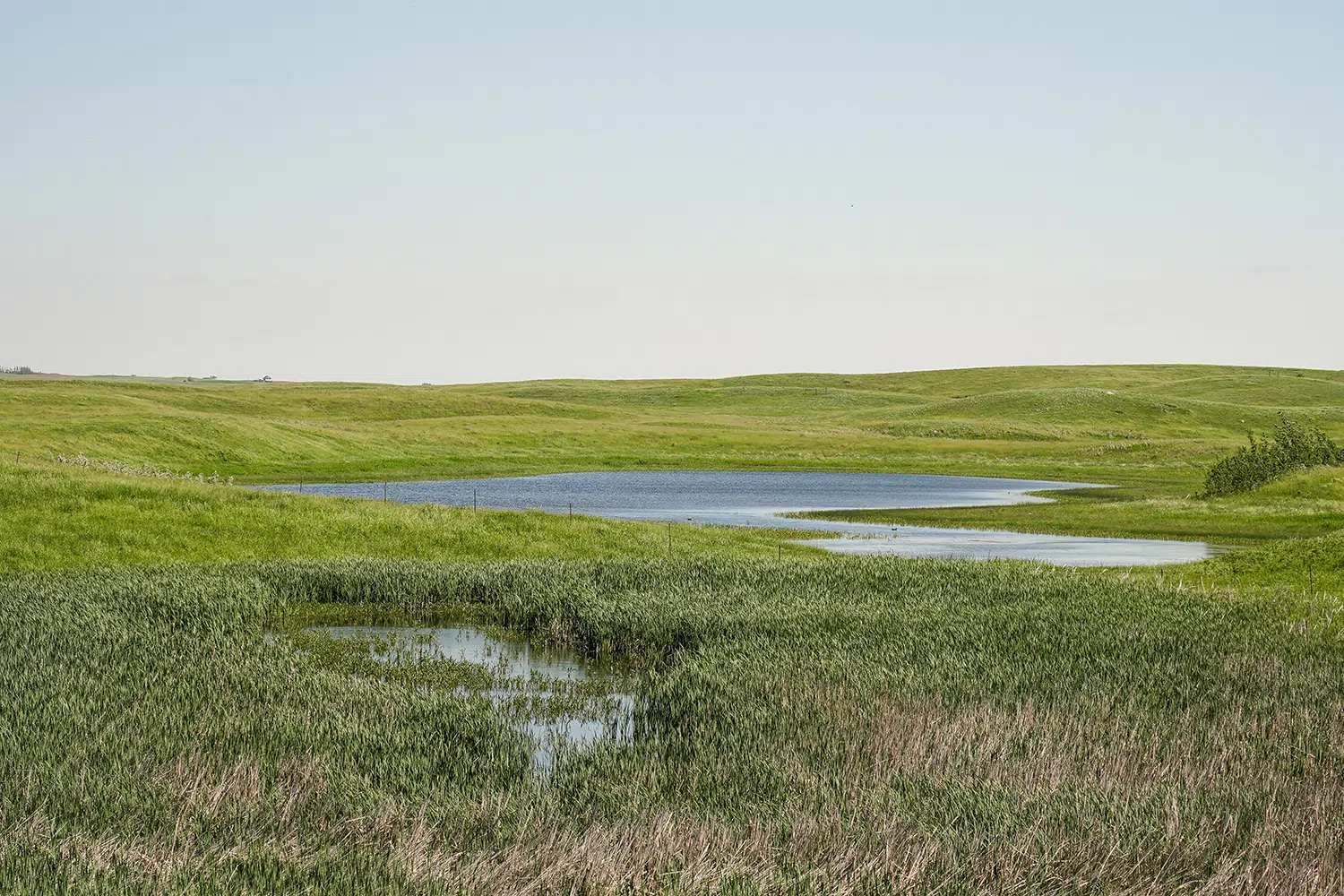
By Doug Leier
(Note: This column is a rerun from five years ago on this date as a reminder of how fish and wildlife populations can take years of optimal conditions of habitat, weather, water and food to grow.)
You don’t have to be a meteorologist, hydrologist, agronomist or even a biologist to realize North Dakota’s weather in 2019 is going to go down in history for mostly the wrong reasons.
Winter lasted too long and then the summer wasn’t hot enough and ended too soon. Fall was cool and brought too much rain. An October snowstorm hit much of North Dakota on opening weekend of pheasant season, which turned this treasured weekend into more of an exercise in dealing with snow and closed roads rather than chasing birds in some places.
That was quite a contrast to the pheasant opener on Oct. 10, 2015, when the daytime high was 97 degrees – a record high for the day, and the entire month in West Fargo. Hunters that year were worried about heat stress on dogs and taking care to not spark a fire on tinder-dry grasslands.
This year the high temperature in Fargo on the Oct. 12 pheasant opener was 34 degrees. Interstates 94 and 29 were closed because of accumulated snow and high winds.
As I write this during mid-November, the influences of that storm, and several significant rain events before and after, are still evident every time the temperature gets above freezing for any
length of time. Even good rural roads in parts of the state have turned into muddy skating rinks, preventing farmers from initiating, let alone completing, harvests, and deer hunters from getting to traditional spots.
In many places, record fall precipitation, combined with unseasonably cold temperatures, have influenced outdoor activity for just about everyone at some point.
Such is life on the prairie, we tell ourselves. We enjoy Thanksgiving and look for the good, while realistically knowing that the coming winter and next spring could bring additional sets of undesirable circumstances.
Even so, when it comes to weather extremes and wildlife and fish, there is often some sort of silver lining. A significant cold stretch from the last part of October into November meant an early start to ice fishing in parts of the state.
The threat of winterkill on a number of North Dakota fishing lakes has also diminished with additional water. Greg Power, fisheries chief for the state Game and Fish Department, said on the Nov. 21 edition of Outdoors Online, the agency’s weekly web-based video news program, that perhaps 30 to 40 North Dakota lakes would have been at risk for winterkill with just normal winter weather. And that would have been on top of three dozen or so other lakes that experienced significant fish kills last winter.
The added water not only will prevent some short-term losses, but it also sets the stage for improved natural spawning conditions for pike and perch, and improved survival of stocked fish. The anticipated fish production won’t necessarily benefit anglers right away, but Power says fish populations are already in good shape in many lakes around the state, which is a positive thought to hold onto as winter approaches.




Comments